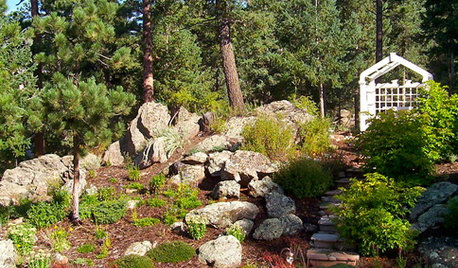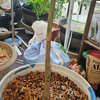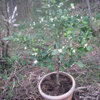Citrus in alkaline soil
jenn
12 years ago
Featured Answer
Sort by:Oldest
Comments (14)
silica
12 years agolast modified: 9 years agoredshirtcat
12 years agolast modified: 9 years agoRelated Professionals
Danbury Landscape Architects & Landscape Designers · Cottonwood Landscape Architects & Landscape Designers · Fort Lee Landscape Architects & Landscape Designers · Quincy Landscape Architects & Landscape Designers · Gainesville Landscape Contractors · Jackson Landscape Contractors · Brooklyn Park Landscape Contractors · Clayton Landscape Contractors · Kerman Landscape Contractors · Mercedes Landscape Contractors · Mission Viejo Landscape Contractors · San Antonio Landscape Contractors · Streamwood Landscape Contractors · Palos Heights Landscape Contractors · Chesapeake Ranch Estates Stone, Pavers & Concretemeyermike_1micha
12 years agolast modified: 9 years agocebury
12 years agolast modified: 9 years agojenn
12 years agolast modified: 9 years agomksmth zone 7a Tulsa Oklahoma
12 years agolast modified: 9 years agomeyermike_1micha
12 years agolast modified: 9 years agojenn
12 years agolast modified: 9 years agocebury
12 years agolast modified: 9 years agoBrad Edwards
6 years agolast modified: 6 years agoBrad Edwards
6 years agoBrad Edwards
6 years agoMikhail (Bay Area/East Bay - 9b)
6 years ago
Related Stories

GARDENING GUIDESGrow a Beautiful Garden in Alkaline Soil
Got alkaline soil? Learn how to manage it and the many beautiful plants that will thrive in this ‘sweet’ soil
Full Story
GARDENING GUIDESHave Acidic Soil in Your Yard? Learn to Love Gardening Anyway
Look to acid-loving plants, like conifers and rhododendrons, to help your low-pH garden thrive
Full Story
GARDENING GUIDESGet the Dirt on Your Garden’s Soil
Understand how your soil supports your plants so you can ensure your garden’s success
Full Story
FARM YOUR YARDHow to Get Good Soil for Your Edible Garden
The nutrients in your soil feed the plants that feed you. Here are tips on getting it right — just in time for planting season
Full Story
GARDENING GUIDESGardening Solutions for Heavy Clay Soils
What’s a gardener to do with soil that’s easily compacted and has poor drainage? Find out here
Full Story
GARDENING GUIDESHow to Pick a Mulch — and Why Your Soil Wants It
There's more to topdressing than shredded wood. Learn about mulch types, costs and design considerations here
Full Story
GARDENING GUIDESHow to Stop Worrying and Start Loving Clay Soil
Clay has many more benefits than you might imagine
Full Story
GARDENING GUIDESHouzz TV: Make a Worm Bin for Rich Soil and Happy Plants
A worm-powered compost bin that can fit under a sink turns food scraps into a powerful amendment for your garden. Here’s how to make one
Full Story
GARDENING GUIDESHow to Keep Your Citrus Trees Well Fed and Healthy
Ripe for some citrus fertilizer know-how? This mini guide will help your lemon, orange and grapefruit trees flourish
Full Story
GARDENING GUIDESSpring Citrus Care Reaps Months of Sweet Rewards
Learn how to tend citrus trees in spring and ways to preserve their delicious fruit
Full Story







cebury